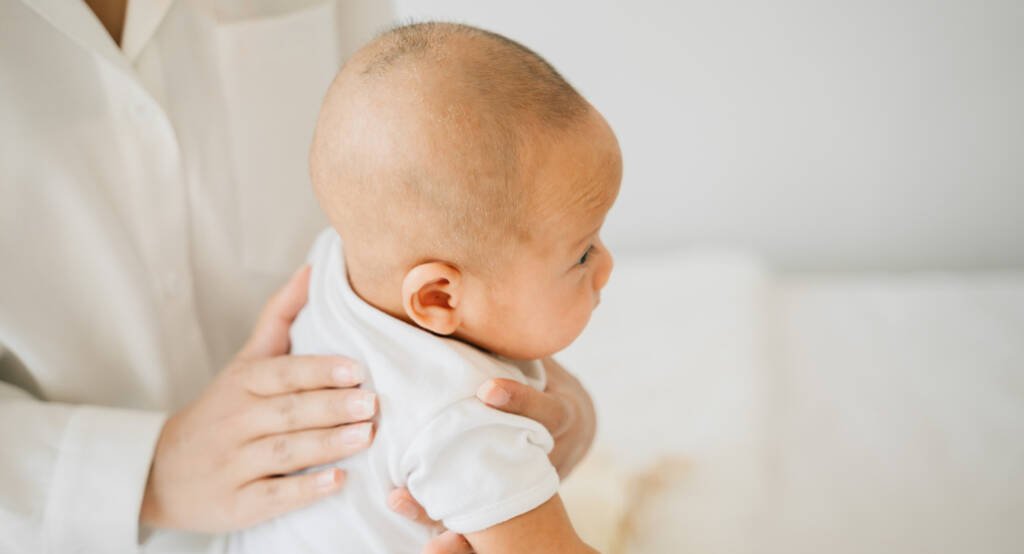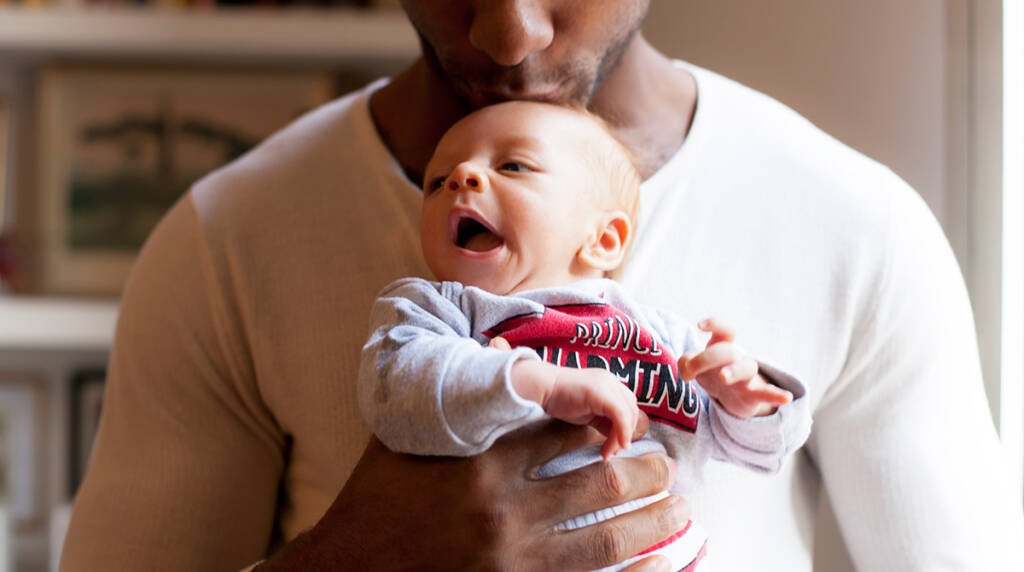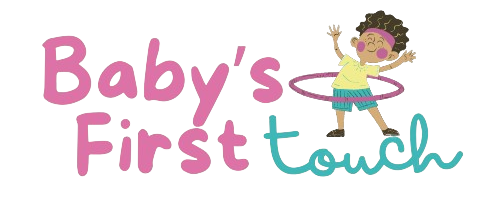Definition of Newborn Hiccups
Newborn hiccups, scientifically known as singultus, are involuntary contractions of the diaphragm—the muscle that separates the chest from the abdomen and plays a crucial role in breathing. These contractions are often followed by a quick closure of the vocal cords, producing the characteristic “hic” sound. While hiccups are common in people of all ages, they are especially prevalent in newborns due to their developing digestive and respiratory systems.
Common Causes of Newborn Hiccups
Hiccups in newborns can be caused by various factors. Some of the most common include overfeeding, swallowing air during feeding, and sudden changes in stomach temperature, such as when a baby consumes cold milk or quickly transitions from warm milk to a cooler environment. Additionally, hiccups can be triggered by excitement or stimulation, as newborns have sensitive and reactive nervous systems.
Importance of Understanding Newborn Hiccups
Understanding the nature of newborn hiccups is essential for parents and caregivers. While hiccups are usually harmless and a normal part of a baby’s development, they can sometimes cause concern for new parents. By gaining insight into the causes and appropriate responses to hiccups, parents can better manage their infant’s comfort and well-being.
Identifying Newborn Hiccups
Signs and Symptoms of Hiccups in Newborns
Newborn hiccups are generally easy to identify. The most notable symptom is the repetitive “hic” sound, accompanied by the baby’s slight bodily jerks with each hiccup. These contractions are rhythmic and usually occur every few seconds. Unlike other infant sounds or movements, hiccups are consistent and can last from a few minutes to half an hour.
How Hiccups Differ from Other Sounds and Movements
It’s important to differentiate hiccups from other sounds and movements your newborn might make, such as burping, coughing, or swallowing. Hiccups are typically more rhythmic and less forceful than burps, which often result from gas being expelled from the stomach. Coughing can be more sporadic and forceful, indicating irritation in the throat or respiratory system. Swallowing, on the other hand, is a smooth and voluntary action that doesn’t produce the distinctive “hic” sound.

The Science Behind Newborn Hiccups
The Diaphragm’s Role in Hiccups
The diaphragm, a dome-shaped muscle located below the lungs, plays a pivotal role in breathing. When the diaphragm contracts, it creates a vacuum that allows air to enter the lungs. Hiccups occur when there is a sudden, involuntary contraction of the diaphragm, followed by a quick closure of the vocal cords, which produces the characteristic “hic” sound.
Physiological Factors Contributing to Hiccups
Several physiological factors can contribute to hiccups in newborns. Immature digestive and nervous systems are primary contributors, as they are still adapting to the processes of feeding and breathing. Rapid feeding or gulping can cause the stomach to expand quickly, irritating the diaphragm and leading to hiccups. Additionally, newborns often swallow air during feeding, which can also trigger diaphragm spasms.
Developmental Aspects of Hiccups in Newborns
Hiccups are a normal part of a newborn’s development and are often more frequent during the early weeks of life. As the baby grows, the digestive and nervous systems mature, and hiccups usually become less frequent. Understanding that hiccups are a natural occurrence can help parents remain calm and confident in their care.
Common Triggers for Newborn Hiccups
Overfeeding and Its Impact
Overfeeding is one of the most common triggers for newborn hiccups. When a baby’s stomach is too full, it can press against the diaphragm, causing it to contract involuntarily. To avoid overfeeding, it’s important to pay attention to your baby’s hunger cues and to feed them smaller amounts more frequently.
Feeding Techniques That Can Cause Hiccups
Improper feeding techniques can also lead to hiccups. For instance, if a baby is fed too quickly, they might swallow a lot of air along with the milk, which can irritate the diaphragm. Ensuring that the baby is latched properly during breastfeeding or using a bottle with a slow-flow nipple can help reduce the amount of air swallowed during feeding.
Environmental Factors (e.g., Temperature Changes, Excitement)
Sudden changes in temperature, such as moving from a warm room to a cooler one, can also trigger hiccups in newborns. Excitement or overstimulation can cause rapid breathing, which might lead to hiccups. Keeping the baby’s environment calm and stable can help minimize these triggers.
Digestive System Immaturity
The immaturity of a newborn’s digestive system is a significant factor in the frequency of hiccups. As their digestive system is still developing, it can easily become overwhelmed by factors such as feeding speed, the type of milk, and the amount consumed. Over time, as the digestive system matures, hiccups typically decrease in frequency.
Preventative Measures
Proper Feeding Techniques
Ensuring proper feeding techniques is crucial in preventing hiccups. This includes feeding the baby in an upright position to reduce the likelihood of swallowing air and using the appropriate nipple size for bottles to control the flow of milk. Taking breaks during feeding to burp the baby can also help minimize the chances of hiccups.
Importance of Burping the Baby
Burping the baby after feeding is essential in preventing hiccups. Burping helps release any trapped air in the baby’s stomach, which can reduce the pressure on the diaphragm. Gentle burping, either over the shoulder or sitting the baby upright and patting their back, can be effective.
Keeping the Baby Upright After Feeding
Keeping the baby upright for at least 20-30 minutes after feeding can help prevent hiccups. This position aids digestion and allows any swallowed air to rise and be burped out naturally. Using a baby carrier or holding the baby in an upright position can be beneficial.
Regulating Feeding Times and Amounts
Regulating feeding times and amounts is another key preventative measure. Feeding the baby smaller amounts more frequently can prevent overfeeding and reduce the likelihood of hiccups. Observing and responding to the baby’s hunger and fullness cues can help establish a feeding routine that minimizes hiccups.
Safe Methods to Stop Newborn Hiccups
Gently Burping the Baby
One of the most effective ways to stop newborn hiccups is by gently burping the baby. This can help release any trapped air that might be causing the diaphragm to contract. Burping should be done gently to avoid causing discomfort to the baby.
Feeding a Little More
Sometimes, feeding the baby a little more milk can help stop hiccups. This can help relax the diaphragm and stop the contractions. It’s important to do this slowly to avoid overfeeding and causing further hiccups.
Using a Pacifier
Giving the baby a pacifier can help soothe hiccups. Sucking on a pacifier can help relax the diaphragm and stop the hiccups. It can also provide comfort to the baby and help them calm down.
Rubbing the Baby’s Back
Gently rubbing the baby’s back can help stop hiccups. This soothing motion can help relax the diaphragm and stop the contractions. It’s important to be gentle and avoid any vigorous movements.
Ensuring a Calm Environment
Keeping the baby’s environment calm can help prevent and stop hiccups. Reducing noise and stimulation can help keep the baby relaxed and reduce the likelihood of hiccups. A calm environment can also help the baby sleep better and reduce overall discomfort.

When to Seek Medical Advice
Understanding When Hiccups Are Not Normal
While hiccups are usually harmless, there are times when they may indicate a more serious issue. If hiccups are persistent and last for several hours, it may be a sign of a digestive or respiratory problem. It’s important to monitor the frequency and duration of the hiccups to determine if medical advice is needed.
Persistent Hiccups and Possible Health Concerns
Persistent hiccups can be a sign of underlying health concerns such as gastroesophageal reflux disease (GERD) or other digestive issues. If the hiccups are accompanied by other symptoms such as vomiting, poor feeding, or weight loss, it’s important to seek medical advice.
Consulting a Pediatrician
If you are concerned about your baby’s hiccups, it’s always best to consult a pediatrician. They can provide guidance on whether the hiccups are normal or if further evaluation is needed. A pediatrician can also offer tips on how to manage and prevent hiccups in your baby.
Parental Concerns and Myths
Common Myths About Newborn Hiccups
There are many myths surrounding newborn hiccups. One common myth is that hiccups are a sign of a serious health issue. In most cases, hiccups are harmless and a normal part of a baby’s development. Another myth is that certain foods or drinks consumed by the mother can cause hiccups in breastfed babies. While some foods can cause gas in the baby, they are not a direct cause of hiccups.
Addressing Parental Anxiety
It’s natural for parents to feel anxious about their baby’s hiccups. However, understanding that hiccups are usually harmless can help reduce this anxiety. If you have concerns, talking to a healthcare provider can provide reassurance and guidance.
Real Stories from Other Parents
Hearing from other parents who have experienced newborn hiccups can be comforting. Many parents share similar concerns and have found effective ways to manage hiccups. Sharing experiences and tips can provide valuable support and insights.
Frequently Asked Questions About Newborn Hiccups
How Long Do Newborn Hiccups Last?
Newborn hiccups typically last for a few minutes to half an hour. In most cases, they will resolve on their own without any intervention. If the hiccups persist for longer periods, it’s important to monitor the baby and consider seeking medical advice.
Are Hiccups Harmful to Newborns?
Hiccups are generally not harmful to newborns. They are a normal part of development and usually do not cause any discomfort to the baby. However, if the baby appears distressed or the hiccups are frequent and prolonged, it’s important to seek medical advice.
Can Hiccups Affect a Baby’s Sleep?
Hiccups can sometimes affect a baby’s sleep, especially if they occur frequently or last for long periods. Ensuring a calm and comfortable sleep environment can help minimize disruptions caused by hiccups. If hiccups frequently interfere with sleep, consulting a healthcare provider is recommended.
Expert Opinions and Research
Pediatricians’ Views on Newborn Hiccups
Pediatricians generally view newborn hiccups as a normal part of development. They often reassure parents that hiccups are not a cause for concern unless they are persistent or accompanied by other symptoms. Pediatricians can provide valuable guidance on managing and preventing hiccups.
Recent Studies and Findings
Recent studies have explored the physiological mechanisms behind hiccups and their role in development. Research suggests that hiccups may help regulate the baby’s breathing and digestion. Understanding these mechanisms can provide insights into the normalcy and function of hiccups.
Best Practices Recommended by Experts
Experts recommend several best practices for managing newborn hiccups. These include proper feeding techniques, regular burping, and maintaining a calm environment. Following these practices can help minimize hiccups and ensure the baby’s comfort.


